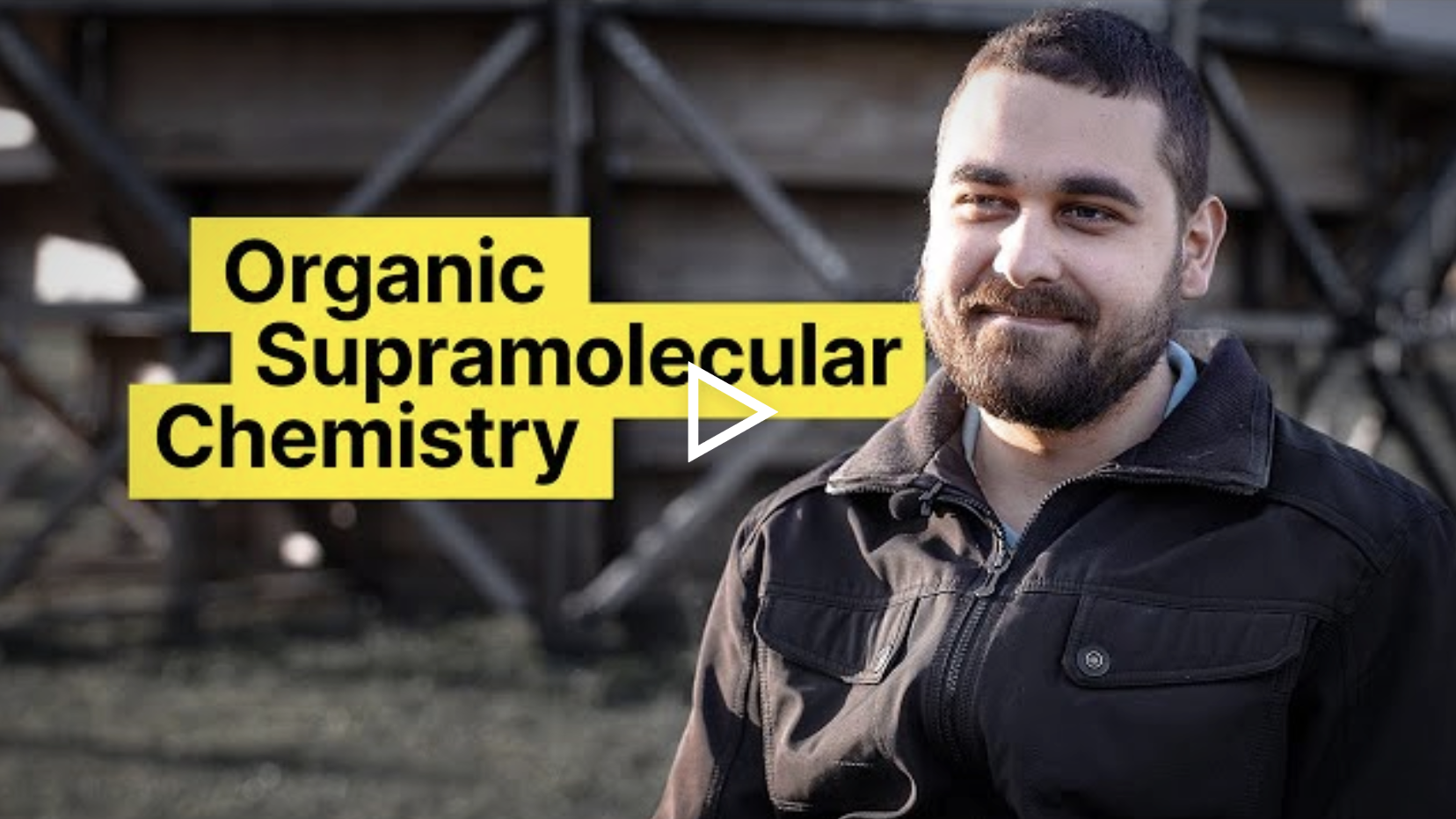MSc in Life Sciences - Organic and Supramolecular Chemistry
Hochschule für Life Sciences FHNW
Would you like to take molecular chemistry further and develop innovative systems in practice? This Master’s programme qualifies you for leading roles in research, industry and technology.

- State‑of‑the‑art synthesis technologies: Deepen your expertise in photochemistry, electrosynthesis, flow chemistry and (bio)catalysis with a practical, industry‑oriented focus.
- Functional nanosystems: Design and synthesise biomolecular conjugates, bioactive surfaces and functional (nano)systems for applications in pharmaceuticals, agriculture and materials science.
- Customised study plan: Combine the core modules Organic Chemistry and Supramolecular Chemistry with electives from fields such as Analytical Chemistry, Biotechnology, Pharma Technology and Chemical Engineering to tailor the course to your interests and career goals
- Practice‑oriented Master’s thesis: Undertake your eight‑month thesis at an industry partner or partner university - an ideal opportunity to build a professional network and gain research insights.
- International opportunities: Earn a double degree at a partner university or complete your thesis abroad.
Steckbrief
Zukunftsaussichten
What career opportunities are open to you?
This specialisation links physical chemistry with the Life Sciences, preparing you for a career in research and development. Your broad education, supported by electives from related disciplines, allows you to target careers in industry, academia or specialist institutions. In‑depth expertise in organic and supramolecular chemistry is in demand across sectors, qualifying you for varied roles nationally and internationally.
Typical areas of employment for graduates are:
- Pharmaceutical and biopharmaceutical companies: development and quality control of medicines.
- Agrochemical industry: research and application in crop protection and yield enhancement.
- Materials science: development of new and functional materials.
- Environmental technology: design of environmentally friendly processes and substances.
- High‑end manufacturing: application of supramolecular systems in precision production.
- Universities and research institutions: basic and applied research.
- Technology‑oriented companies: innovation management and product development at the interface of chemistry and technology.
Aufbau und Inhalte
The programme provides a sound, practice‑oriented education, combining organic and supramolecular chemistry with current challenges in research and industry.
You will gain advanced knowledge in the following areas:
- Modern organic chemistry: Concepts and applications such as multi‑component reactions, photochemistry, electrochemistry, flow chemistry and (bio)catalysis.
- Molecule and synthesis design: Planning and synthesis of complex molecules including drugs, agrochemicals, polymers and biomolecules.
- Functional systems and surfaces: Development of bioconjugates, bioactive surfaces and functional materials for therapeutic or diagnostic applications.
- Electives from related fields: Specialisation options in Analytical Chemistry, Biotechnology, Chemical Engineering or Pharma Technology to promote interdisciplinary skills.
In addition to a wide range of subject-specific content, further modules strengthen skills in:
- Scientific working and communication: Planning, implementation and presentation of research projects in an international environment.
- Interdisciplinary thinking: Work at the interfaces between chemistry, biology, technology and industry.
- Personal design of the course: Individual focus setting according to your interests and career goals – also through an optional semester abroad with the option of obtaining a second master’s degree.
Module Groups for the Organic & Supramolecular Chemistry specialisation
A total of 50 ECTS credits (i.e. 17 modules each worth 3 ECTS credits) must be earned. Other modules can be selected: Module overview (English)
You can also plan your studies in advance with our MSc Life Sciences planning tool.
Details on the degree programme
Vertiefungen
International
Would you like to expand your master’s degree internationally and obtain two degrees? Students can apply to do an additional semester at Linköping University or the University of Chemistry and Technology Prague, and thus obtain a double degree. Independently of that, you may also complete your Master’s thesis abroad to gain international experience. Further information is available from the International Office or here: Double Degree.
Leitung und Dozierende
Voraussetzungen, Zulassung, Eignungsabklärung
Direct admission requires
If you do not fully meet the requirements, you may be invited to a personal interview.
Proof of sufficient English skills must be provided with one of the following certificates:
If you are unable to provide evidence of the required command of English, you are obliged to improve it during the course of your master’s degree programme. You can either attend the advanced English course offered by the FHNW School of Life Sciences or other suitable language courses. At the end of the programme, proof must be provided that the required level of English has been achieved (see table above).
